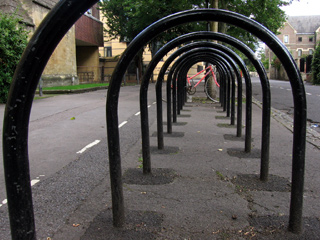I bought John Banville’s The Sea in Dublin because I so enjoyed Shirley Hazzard’s The Great Fire: the last Man Booker Prize winning novel I had read. Actually, I note with some surprise that, upon looking it up, Alan Hollinghurst’s The Line of Beauty won the Booker Prize, while Hazzard’s book did not. Nonetheless, from the moment I bought Banville’s book to the instant I checked the list a moment ago, I believed the converse. As such, my expectations for this book were established by Hazzard’s work and not Hollinghurst’s, with which I have very different associations. Primarily, those had to do with arriving in Oxford not expecting it to have moved beyond the Thatcherite era.
I hadn’t known that Banville was Irish, or that the book was set in Ireland, so it ended up being rather more appropriate than reading Hazzard’s account of Asia after the second world war in the break room of the West Vancouver Staples location. Despite the appropriateness of the setting, this book did not quite live up to the expectations I had of it.
Told as a kind of layered story with a less than entirely sympathetic narrator, Banville‘s novel describes the life of a man who experienced a strange and tragic series of events as a child, followed by the sickness and death of his wife, and then a troubled relationship with his daughter. While some of the writing is undoubtedly fine, it is not a story that particularly resonated with me.
At a few points, in tantalizing fashion, the narrative voice breaks down in order to reveal the way in which it is an artificial abstraction on the part of the narrator. At one point, it does so in proper dramatic, provocative Joycean style. While these glimpses are certainly exciting, they are never followed up. We are left with proof that we are having a hollow tale spun around us, but no hope of seeing anything more solid.


Looking over a list of quotations, I can see why I might not like this author all that much.